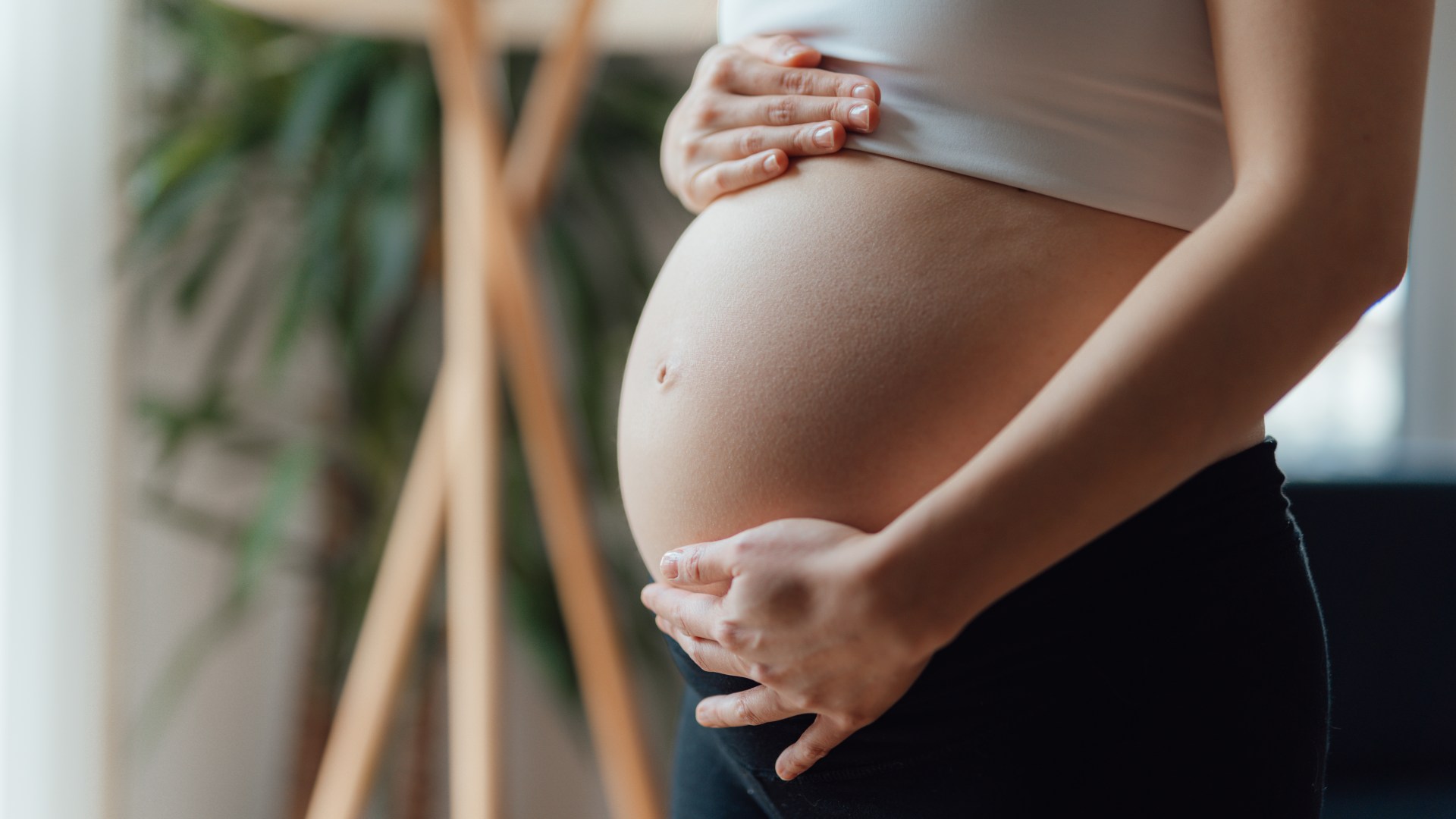Health
UK Baby Rate Falls to Historic Low as Families Delay Parenthood

Britain’s birth rate has reached a historic low, according to recent figures from the Office for National Statistics. The average number of children a woman can expect to have has fallen to 1.41 in England and Wales for the year 2024. This marks the third consecutive year of decline and the lowest rate recorded since data collection began in 1938.
Although the total number of births increased slightly from 591,072 to 594,677 in the past year, the overall fertility rate per woman has declined. Experts indicate that a fertility rate of 2.1 is necessary to maintain a stable population without relying on migration. The situation in Scotland is similarly concerning, as it has also reported a record low fertility rate of 1.25. Data from Northern Ireland is still pending.
Regional Variations in Fertility Rates
Fertility rates vary significantly across different regions in the UK. The West Midlands reported the highest regional fertility rate, while the South West had the lowest. Within specific locations, Luton emerged with an average of 2.00 children per woman, contrasting sharply with the City of London, where the rate plummeted to just 0.32.
The trend of delaying parenthood continues, with the average age of mothers now at 31 and fathers at 33.9. This shift reflects broader social changes and economic pressures affecting young families today.
Government Calls for a Change in Family Planning
Education Secretary Bridget Phillipson recently urged the public to consider expanding their families, expressing concern over the implications of declining birth rates. She cited rising costs associated with housing, fuel, and food as significant factors discouraging young people from starting families.
Phillipson remarked, “A generation of young people have been thinking twice about starting a family, worried not only about rising mortgage and rent payments but also put off by a childcare system simultaneously lacking places and ruinously expensive.” Her comments highlight the complex interplay of economic factors and social expectations influencing family planning decisions.
As the UK grapples with these demographic challenges, the need for supportive policies that encourage family growth may become increasingly urgent. The implications of a declining birth rate extend beyond individual families, potentially affecting the economy and society at large.
-

 Entertainment2 months ago
Entertainment2 months agoIconic 90s TV Show House Hits Market for £1.1 Million
-

 Lifestyle4 months ago
Lifestyle4 months agoMilk Bank Urges Mothers to Donate for Premature Babies’ Health
-

 Sports3 months ago
Sports3 months agoAlessia Russo Signs Long-Term Deal with Arsenal Ahead of WSL Season
-

 Lifestyle4 months ago
Lifestyle4 months agoShoppers Flock to Discounted Neck Pillow on Amazon for Travel Comfort
-

 Politics4 months ago
Politics4 months agoMuseums Body Critiques EHRC Proposals on Gender Facilities
-

 Business4 months ago
Business4 months agoTrump Visits Europe: Business, Politics, or Leisure?
-

 Lifestyle4 months ago
Lifestyle4 months agoJapanese Teen Sorato Shimizu Breaks U18 100m Record in 10 Seconds
-

 Politics4 months ago
Politics4 months agoCouple Shares Inspiring Love Story Defying Height Stereotypes
-

 World4 months ago
World4 months agoAnglian Water Raises Concerns Over Proposed AI Data Centre
-

 Sports4 months ago
Sports4 months agoBournemouth Dominates Everton with 3-0 Victory in Premier League Summer Series
-

 World4 months ago
World4 months agoWreckage of Missing Russian Passenger Plane Discovered in Flames
-

 Lifestyle4 months ago
Lifestyle4 months agoShoppers Rave About Roman’s £42 Midi Dress, Calling It ‘Elegant’









